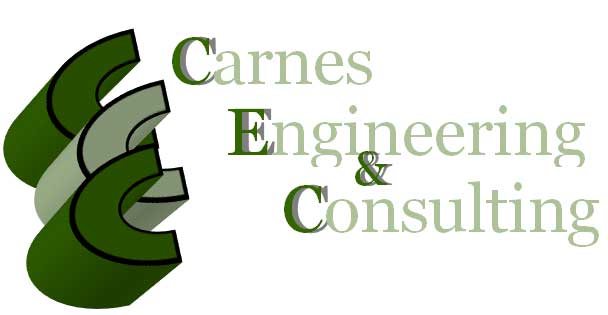As the arid landscape of Nevada continues to face water scarcity challenges, the need for effective water management practices becomes increasingly crucial. Among these practices, percolation testing stands out as a vital tool for assessing the suitability of land for various purposes, including septic system installation, stormwater management, and groundwater recharge. However, conducting accurate percolation water testing requires expertise and precision, making the involvement of a civil engineer essential. In this blog post, we’ll delve into why hiring a civil engineer for percolation water testing in Nevada is not just important but indispensable.
1. Expertise in Site Assessment: Civil engineers possess the knowledge and skills to conduct comprehensive site assessments. They understand the geological and hydrological factors that influence water percolation rates in Nevada’s diverse terrain. Whether it’s the permeability of soil types or the presence of underlying rock formations, civil engineers can analyze site conditions to determine the most suitable locations for percolation testing.
2. Compliance with Regulations: Nevada, like many other states, has regulations governing percolation testing to ensure environmental protection and public health. Civil engineers are well-versed in these regulations and can ensure that the testing process adheres to legal requirements. From obtaining permits to interpreting testing results within regulatory frameworks, their expertise helps clients navigate the complex compliance landscape.
3. Precision in Testing Methods: Percolation testing involves precise methodologies to accurately measure water infiltration rates into the soil. Civil engineers employ standardized testing procedures tailored to Nevada’s specific environmental conditions. By using the right equipment and techniques, they minimize errors and provide reliable data for informed decision-making regarding land use and development projects.
4. Mitigation of Environmental Impact: Improperly designed septic systems or stormwater management practices can have detrimental effects on the environment, including groundwater contamination and soil erosion. Civil engineers integrate environmental considerations into percolation testing processes, aiming to mitigate potential risks. By identifying suitable areas for wastewater disposal or stormwater infiltration, they contribute to sustainable land development practices.
5. Design and Planning Support: Beyond conducting percolation tests, civil engineers offer valuable support in designing infrastructure solutions based on testing results. Whether it’s designing septic systems, drainage systems, or groundwater recharge facilities, their expertise ensures that designs are optimized for efficiency and longevity. By incorporating data from percolation tests into engineering designs, they help clients make informed decisions that align with their project objectives.
6. Long-Term Benefits: Investing in the expertise of a civil engineer for percolation water testing yields long-term benefits. Accurate testing and informed decision-making during the planning phase can prevent costly mistakes and potential environmental liabilities down the road. By prioritizing precision and compliance, civil engineers safeguard both the interests of their clients and the integrity of Nevada’s ecosystems.
In conclusion, hiring a civil engineer for percolation water testing in Nevada is not just important—it’s essential for responsible land development and water resource management. From expert site assessments to regulatory compliance and sustainable design solutions, civil engineers play a pivotal role in ensuring that percolation testing is conducted effectively and ethically. By partnering with these professionals, individuals and organizations can navigate the complexities of water management with confidence, contributing to the resilience and sustainability of Nevada’s landscapes for generations to come.

